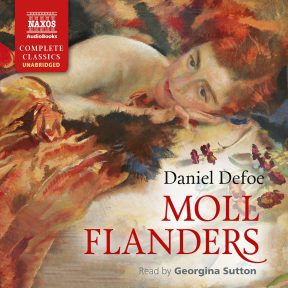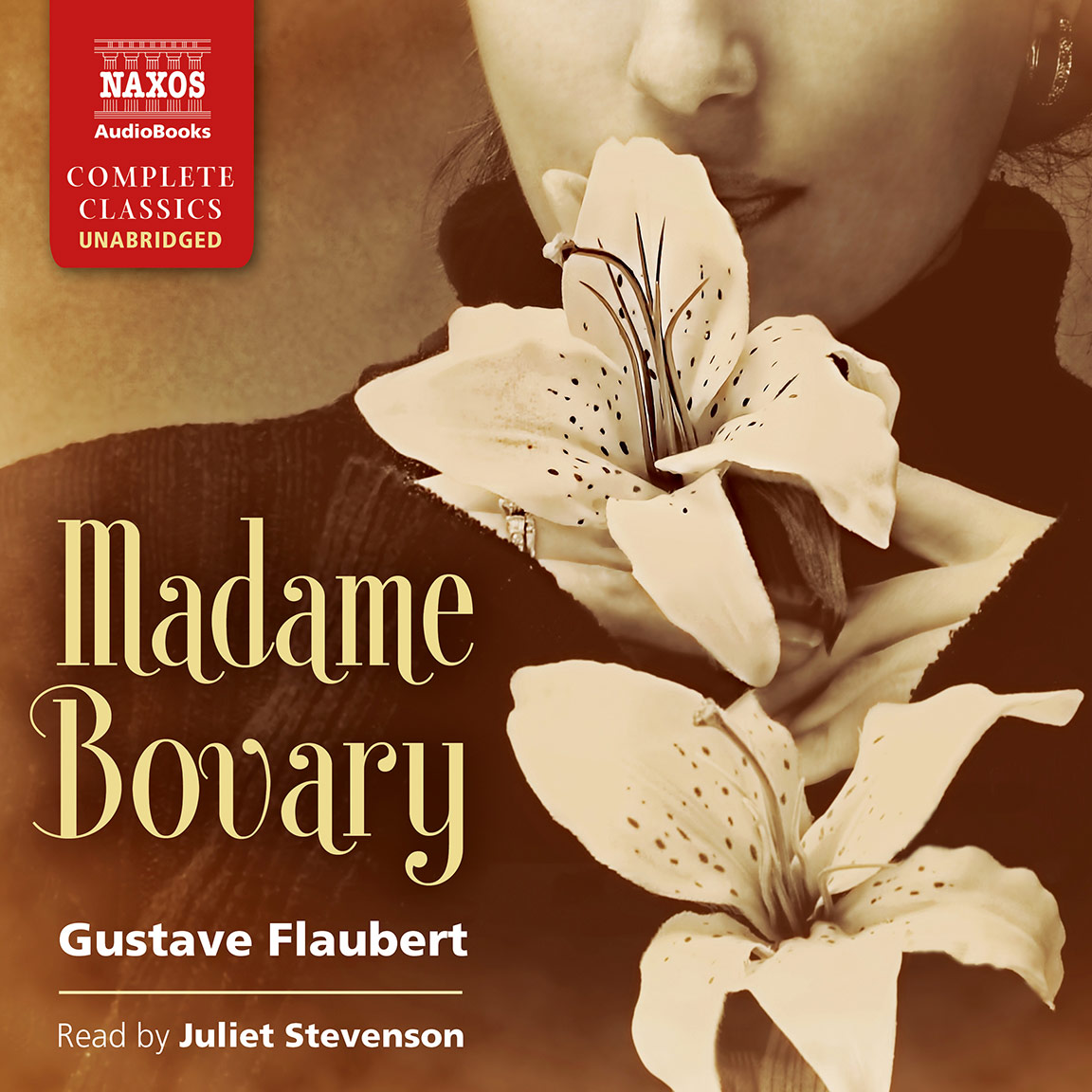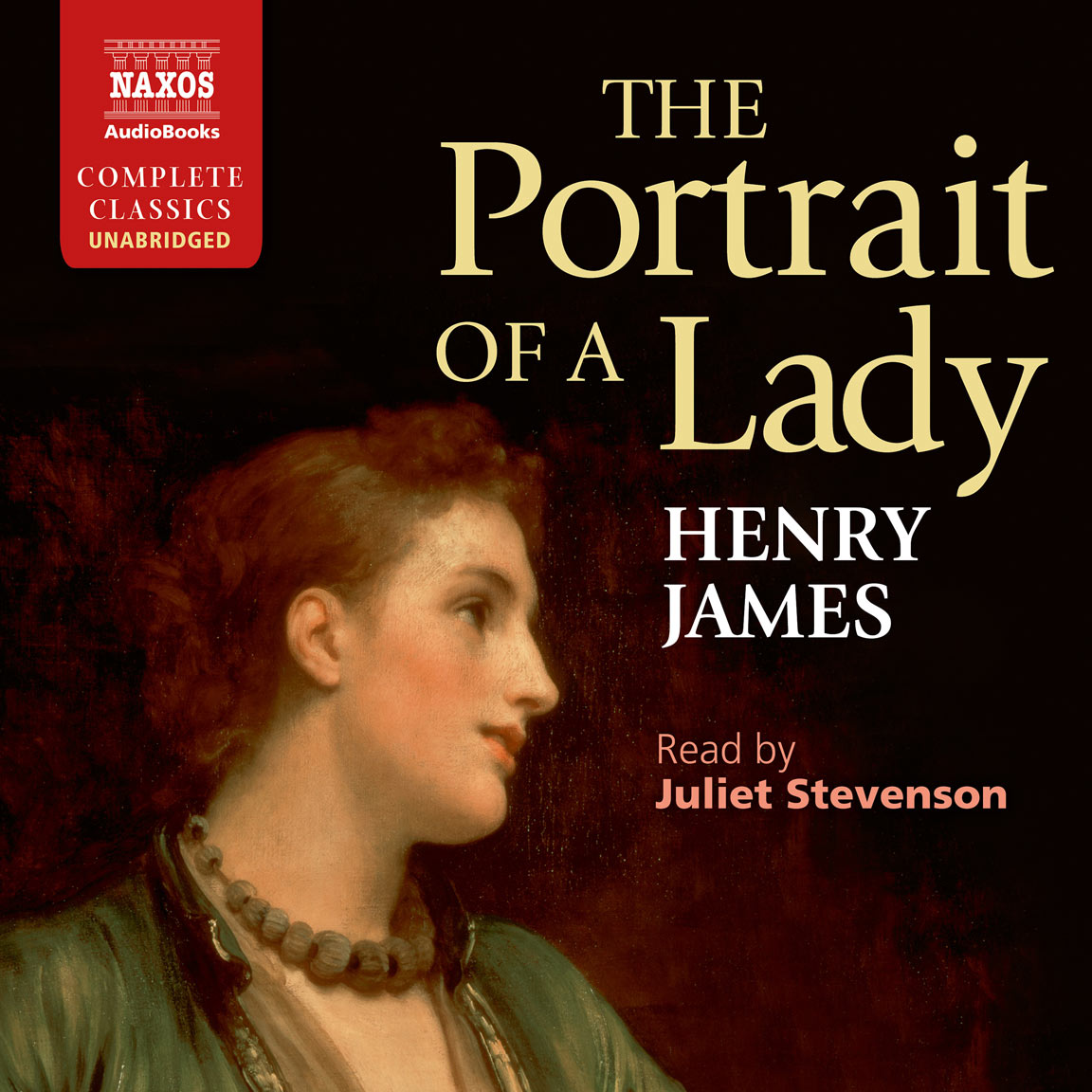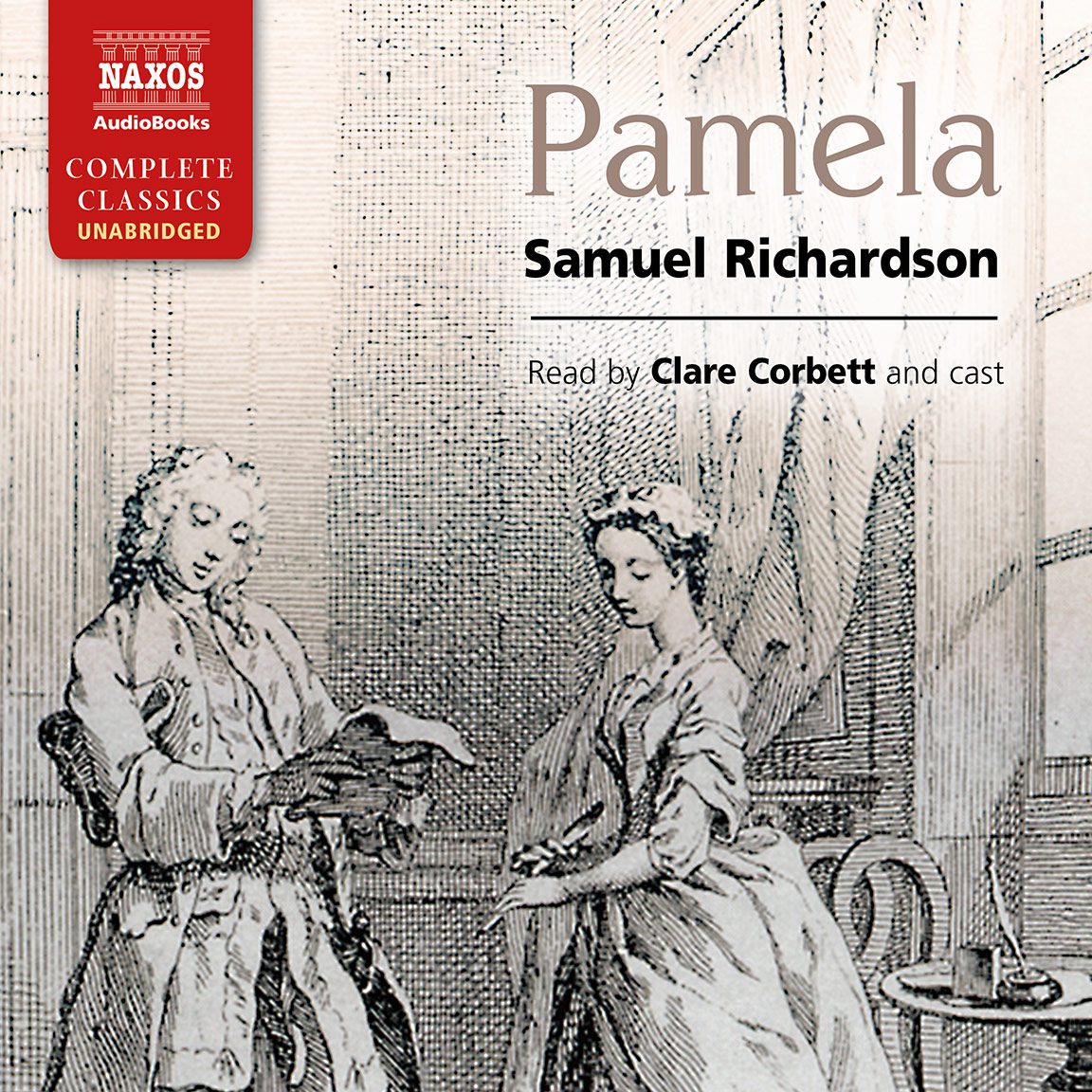
Audio Sample
Daniel Defoe
Moll Flanders
Read by Georgina Sutton
unabridged
‘The Fortunes and Misfortunes of the Famous Moll Flanders, who was Born in Newgate, and during a Life of continue’d Variety for Three-score Years, besides her Childhood, was Twelve Year a Whore, five times a Wife (whereof once to her own Brother), Twelve Year a Thief, Eight Year a Transported Felon in Virginia at last grew Rich, liv’d Honest, and died a Penitent.’ So begins Moll Flanders, Daniel Defoe’s honest portrayal of one woman’s struggle for economic survival in an unsympathetic world. Told with uncompromising directness and an extraordinary empathy, it is, as Virginia Woolf once claimed, ‘one of the few English novels we can call indisputably great’.
-
11 CDs
Running Time: 12 h 25 m
More product details
ISBN: 978-1-78198-038-5 Digital ISBN: 978-1-78198-039-2 Cat. no.: NA0262 Download size: 245 MB Produced by: John Foley Edited by: Sarah Butcher BISAC: FIC004000 Released: March 2017 -
Listen to this title at Audible.com↗Buy on CD at Downpour.com↗Listen to this title at the Naxos Spoken Word Library↗
Due to copyright, this title is not currently available in your region.
You May Also Enjoy
Reviews
Georgina Sutton brings her narrative talents to the dramatic morality tale of Moll Flanders. The audiobook of this classic novel follows the rakish life of a low-born young woman as she fights to raise herself to a higher position in English society. This involves multiple marriages, the abandonment of her own children, and regular bouts of theft and prostitution. Moll is at times both scandalous and downright disheartening, but Sutton’s portrayal keeps the listener on her side throughout the entire wicked tale. Sutton’s precise blend of emotion and bluntness fits the main character perfectly. The listener is carried along with Sutton’s depiction as if hearing a Newgate prisoner tell her own licentious story.
V.B., AudioFile
Booklet Notes
Daniel Defoe, born in London in 1660, lived an extraordinarily varied and interesting life. In 1688 he joined Monmouth’s rebellion; he was imprisoned at different times for debt and for libel; he worked as a secret agent for the government between 1703 and 1714; he started several businesses and wrote proli cally throughout his career. Apart from being a formidable pamphleteer, he also pioneered modern journalism and may be said to be the rst true English novelist. Best known for Robinson Crusoe, his other novels include Colonel Jack and Roxana. Defoe’s novels are characterised by directness, simplicity of narrative and a superb command of realistic detail – features which also distinguish the powerful Journal of the Plague Year and the pioneering Tour through the Whole Island of Great Britain.
We cannot help rejoicing with her in her brief periods of calm prosperity
Moll Flanders, published in 1722, was described by Virginia Woolf as ‘one of the few English novels we can call indisputably great’. Moll, abandoned as a child, tells her own story – brought up as an orphan, she enters upon a succession of marriages (not all of them legal), bent upon economic survival in a world unsympathetic to the single woman of no fortune. Reduced to abject poverty after six years as a rich man’s whore, she turns to crime, but is eventually caught and transported to Virginia.
The brilliance of Moll Flanders lies in its absolute honesty and realism: Defoe tells his tale with uncompromising directness and an extraordinary empathy with his heroine’s plight. Moll’s life is seen as much in terms of economics as emotions: we are constantly reminded of the precise worth of objects, of the exact state of her nances in pounds, shillings and pence; yet we cannot help rejoicing with her in her brief periods of calm prosperity, or pitying her when she is at last caught and carried to the horrors of Newgate and probable execution. We are compelled to see that Moll can only be judged in the context of her society – a harsh world of expanding economic activity and social aspiration. Moll regrets her immorality, yet confesses that a tale of repentance ‘would not be equally diverting as the wicked part’; she repeats the wise man’s prayer, ‘Give me not poverty, lest I steal’, and we are forced to acknowledge that society may be as much to blame as the individual who struggles to survive within it.
Notes by Perry Keenlyside




